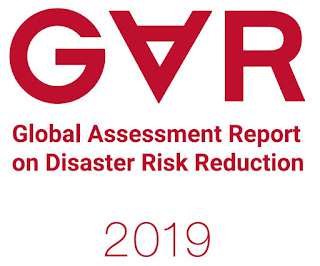Resilience is an illusion
Emergency Planning
MAY 14, 2024
After much pondering of the question, I have come to the conclusion that resilience is an illusion. This is not to denigrate the work of resilience managers, as there is obviously much to be done to reduce the risk and impact of adverse events. However, the concept of resilience is, I think, suspect. Holling, C.S











Let's personalize your content